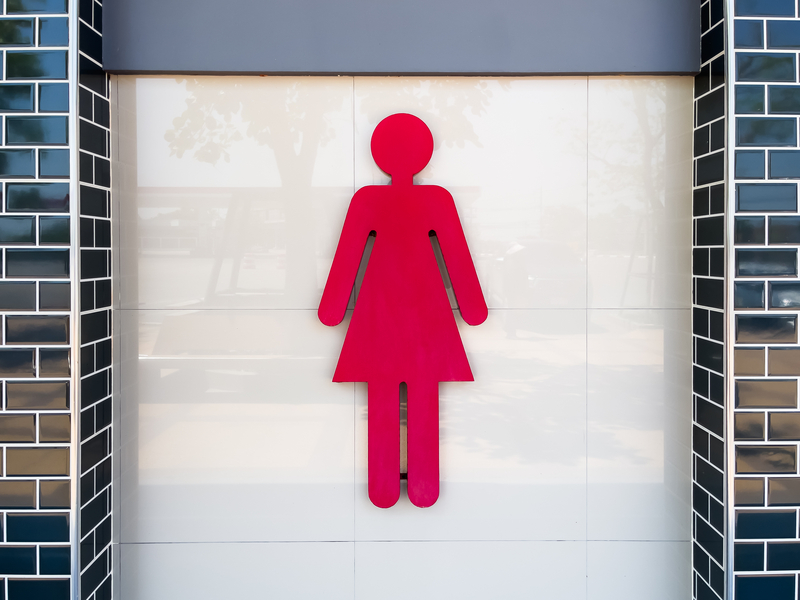The debate over bathroom access for transgender individuals is heating up across the country, and New Jersey is no exception. With Congresswoman Nancy Mace and the U.S. House of Representatives pushing for bans on biological males in women’s restrooms, the issue has struck a chord with communities nationwide. The question at the heart of the debate: Should privacy or inclusivity take priority in spaces like public restrooms, schools, and colleges?
Congresswoman Mace argues that women’s restrooms have long been considered safe spaces, reserved exclusively for biological females. In a statement, she questioned the logic behind allowing individuals born male to access these spaces, particularly when it could potentially infringe on the privacy and comfort of women and girls. Her stance has gained traction among conservatives, but it’s also sparked fierce backlash from LGBTQ+ advocates who view such measures as discriminatory.
Closer to home, New Jersey Governor Phil Murphy has made his position clear. Known for his staunch support of the LGBTQ+ community, Murphy has vowed to defend trans rights at every turn. Should legislation be introduced in New Jersey to restrict access to women’s restrooms based on biological sex, it would likely face a swift veto from the governor. His administration has consistently prioritized inclusivity, with directives for increased bias investigations against institutions that block trans individuals’ access to facilities aligned with their gender identity.
Advocates for trans rights argue that such restrictions unfairly target transgender women, creating unnecessary hurdles in their daily lives. They point to studies suggesting that inclusive restroom policies do not increase safety risks, but instead foster a sense of dignity and respect for all individuals.
However, opponents of unrestricted access contend that the issue isn’t about targeting transgender individuals, but about protecting the privacy and security of biological women. Supporters of restrictions argue that these measures aim to preserve long-standing norms around gender-segregated spaces while addressing concerns from parents, educators, and the public.
For now, any statewide ban on restroom access based on biological sex in New Jersey seems unlikely. With Democrats holding a majority in the state legislature and a governor who champions LGBTQ+ rights, such a measure would likely stall before reaching the finish line.
The debate, however, underscores a growing cultural divide not only in New Jersey but across the U.S. It’s a conversation that touches on fundamental questions of identity, rights, and safety—and it’s one that shows no signs of cooling down anytime soon.
As lawmakers, activists, and communities grapple with these questions, New Jersey remains a microcosm of the larger national conversation. Whether the state will become a battleground or a beacon for trans rights remains to be seen. For now, the debate continues, both in Trenton and in households across the Garden State.

